Taylor Swift ‘using facial recognition on fans’ to identify stalkers
Reports that concertgoers’ faces were secretly scanned have raised ethical questions
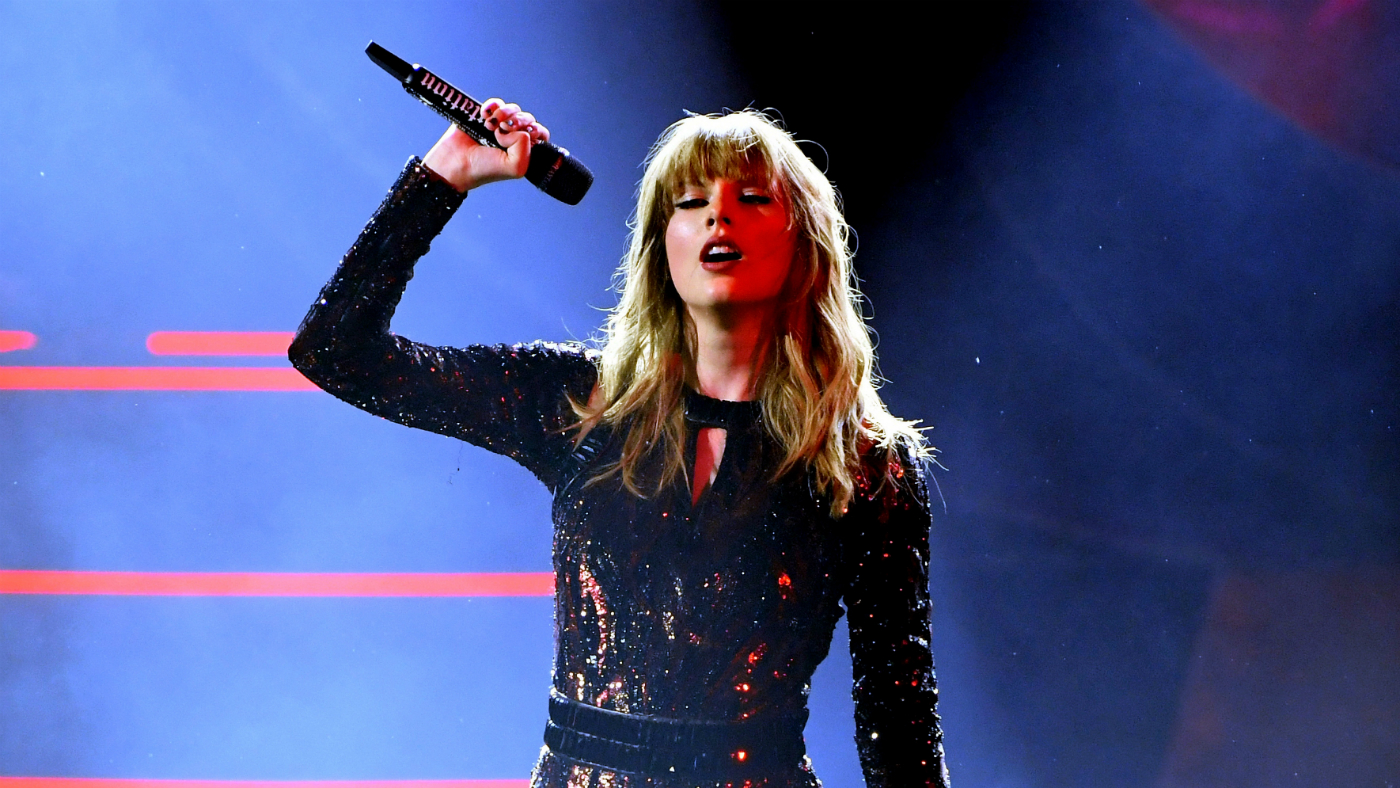
A free daily email with the biggest news stories of the day – and the best features from TheWeek.com
You are now subscribed
Your newsletter sign-up was successful
Fans attending Taylor Swift concerts have allegedly been scanned by a controversial facial recognition system without their permission.
According to Rolling Stone magazine, which first broke the story, audience members arriving at the singer’s show at the Los Angeles Rose Bowl on 18 May were offered the chance to “watch rehearsal clips at a special kiosk” outside the stadium. But the fans had no idea that a facial-recognition camera inside the display was taking their photos, which were then cross-checked with a database of people known to have stalked Swift, it is claimed.
The alleged use of the system was revealed to the magazine by Mike Downing, chief security officer on a US board that advises concert venues including Madison Square Garden. He claims to have witnessed a demonstration of the special kiosks by the manufacturers, reports Washington DC-based news site The Hill.
The Week
Escape your echo chamber. Get the facts behind the news, plus analysis from multiple perspectives.

Sign up for The Week's Free Newsletters
From our morning news briefing to a weekly Good News Newsletter, get the best of The Week delivered directly to your inbox.
From our morning news briefing to a weekly Good News Newsletter, get the best of The Week delivered directly to your inbox.
Downing told Rolling Stone that “everybody who went by would stop and stare at it, and the software would start working”, adding that the data would then be sent to a “command post” in Nashville, Tennessee, for cross-referencing.
Neither Swift nor her representatives have responded to the claims.
Concert venues are technically private locations, so the use of facial recognition software at a concert would be legal even without the knowledge of the participants. Nevertheless, the reports of its use at Swift’s gig have “raised ethical questions for civil rights groups concerned about privacy”, says The Guardian.
“Stalkers are a generally scary phenomenon and everyone understands why someone like Taylor Swift would want to be protected against them,” Jay Stanley, senior policy analyst at the American Civil Liberties Union, told the newspaper. “But this does have larger implications. It is not about this one deployment, it is about where this is technology is headed.”
A free daily email with the biggest news stories of the day – and the best features from TheWeek.com
Facial recognition software is being used at an increasing number of events around the world. Rolling Stone notes that earlier this year, Ticketmaster invested in Blink Identity, a start-up that “claims its sensors can identify people walking past at full speed in about half a second”, allowing fans to “move through turnstiles more efficiently”.
“It holds a lot of promise,” said Ticketmaster’s chief product officer, Justin Burleigh, who revealed that the company plans to beta-test the tech at venues early next year. “We’re just being very careful about where and how we implement it.”
-
 6 exquisite homes with vast acreage
6 exquisite homes with vast acreageFeature Featuring an off-the-grid contemporary home in New Mexico and lakefront farmhouse in Massachusetts
-
 Film reviews: ‘Wuthering Heights,’ ‘Good Luck, Have Fun, Don’t Die,’ and ‘Sirat’
Film reviews: ‘Wuthering Heights,’ ‘Good Luck, Have Fun, Don’t Die,’ and ‘Sirat’Feature An inconvenient love torments a would-be couple, a gonzo time traveler seeks to save humanity from AI, and a father’s desperate search goes deeply sideways
-
 Political cartoons for February 16
Political cartoons for February 16Cartoons Monday’s political cartoons include President's Day, a valentine from the Epstein files, and more
-
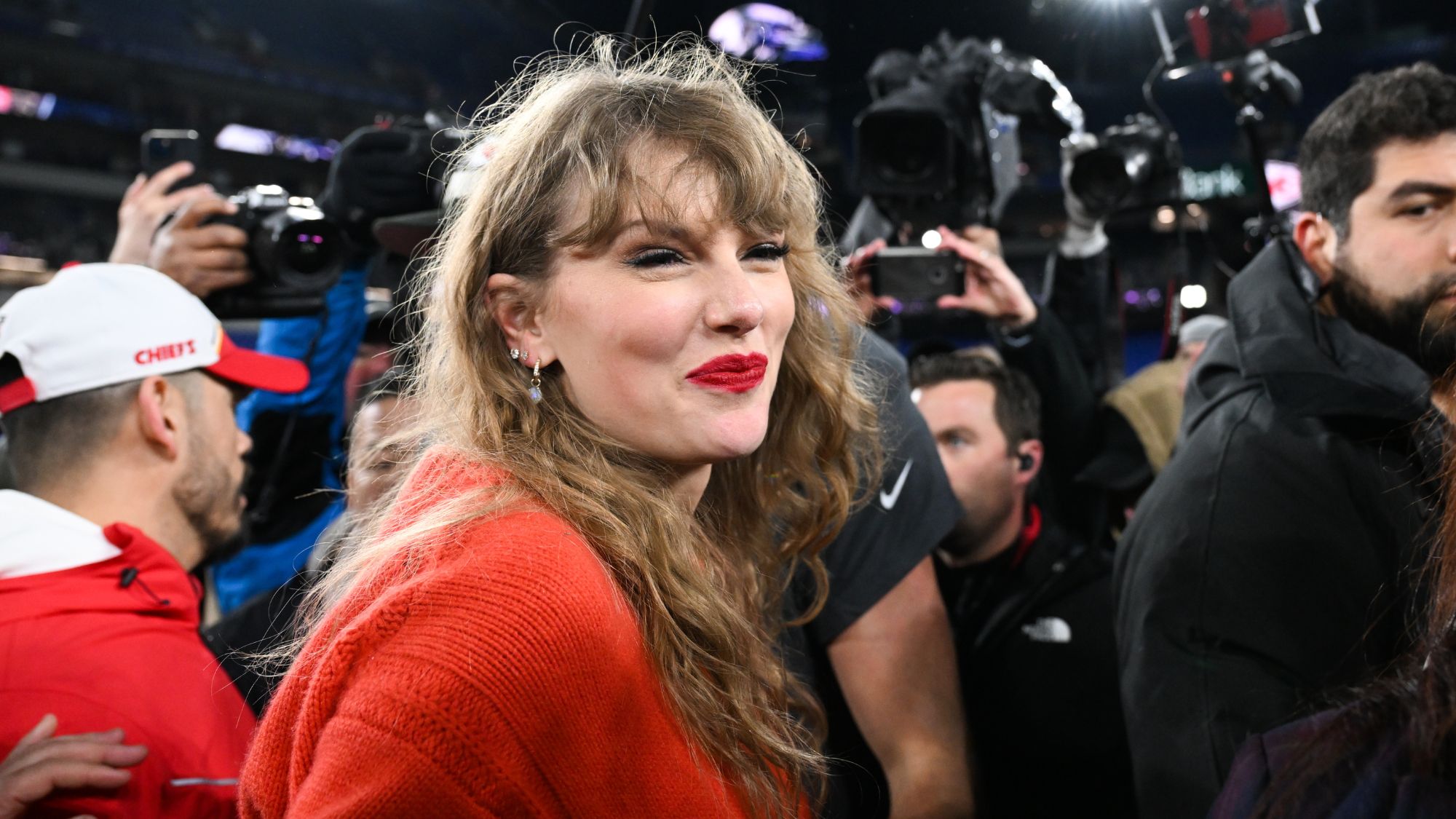 Deepfake porn: a rising tide of misogyny
Deepfake porn: a rising tide of misogynyTalking Points A sinister phenomenon is emerging, with thousands of sites dedicated to digitally manipulated images
-
 How cybercriminals are hacking into the heart of the US economy
How cybercriminals are hacking into the heart of the US economySpeed Read Ransomware attacks have become a global epidemic, with more than $18.6bn paid in ransoms in 2020
-
 Language-learning apps speak the right lingo for UK subscribers
Language-learning apps speak the right lingo for UK subscribersSpeed Read Locked-down Brits turn to online lessons as a new hobby and way to upskill
-
 Brexit-hobbled Britain ‘still tech powerhouse of Europe’
Brexit-hobbled Britain ‘still tech powerhouse of Europe’Speed Read New research shows that UK start-ups have won more funding than France and Germany combined over past year
-
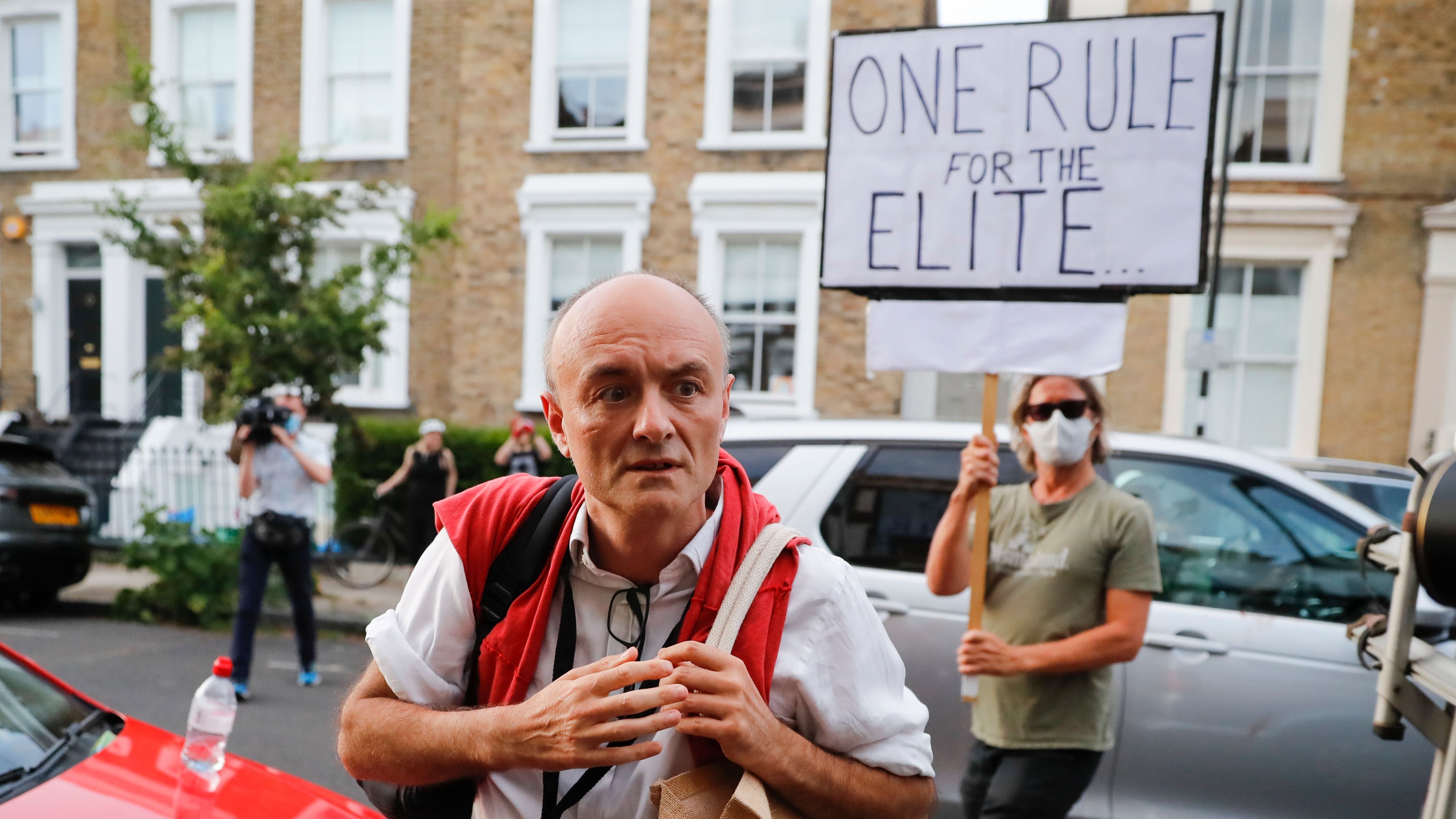 Playing Cupid during Covid: Tinder reveals Britain’s top chat-up lines of the year
Playing Cupid during Covid: Tinder reveals Britain’s top chat-up lines of the yearSpeed Read Prince Harry, Meghan Markle and Dominic Cummings among most talked-about celebs on the dating app
-
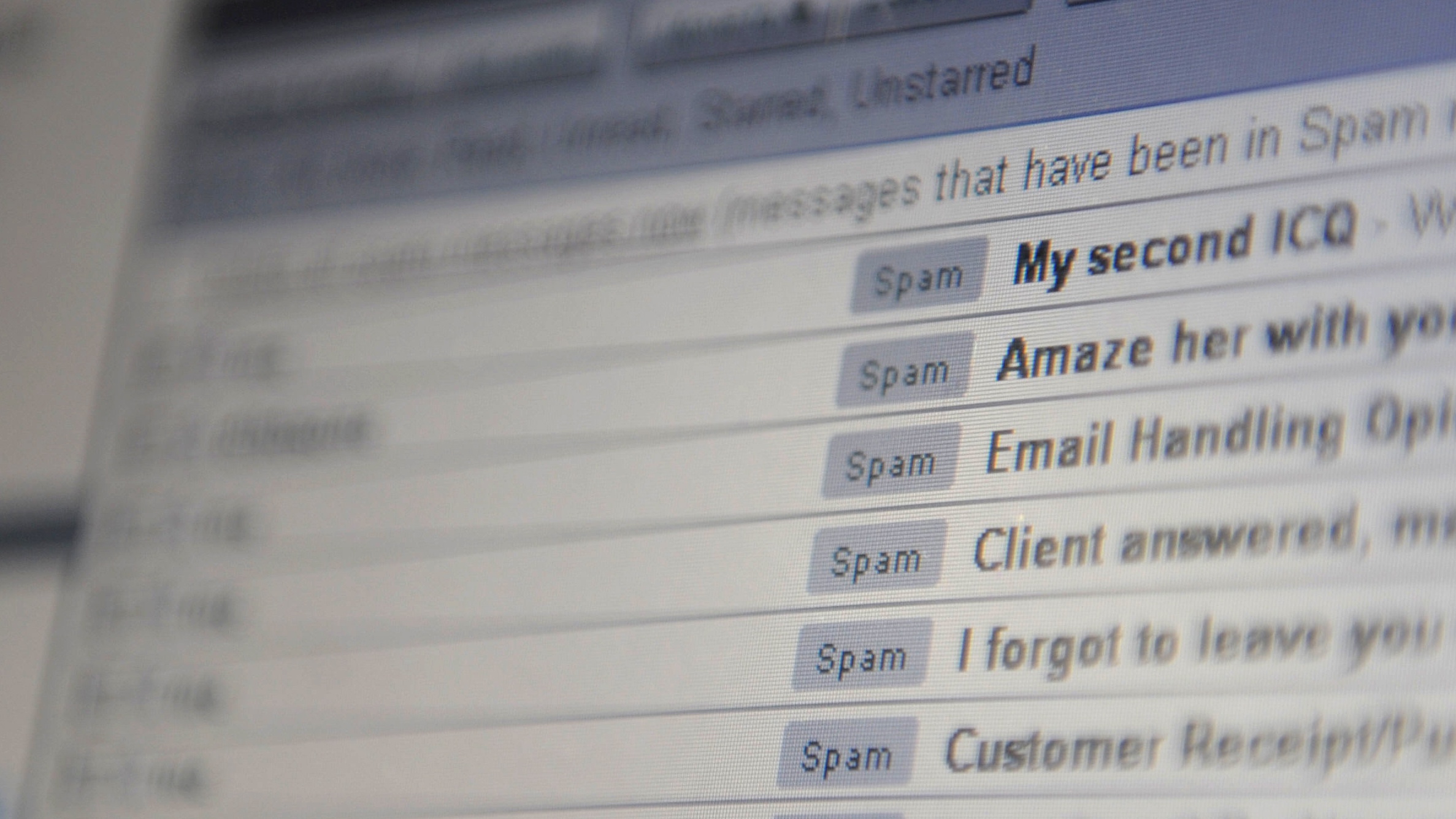 Brits sending one less email a day would cut carbon emissions by 16,000 tonnes
Brits sending one less email a day would cut carbon emissions by 16,000 tonnesSpeed Read UK research suggests unnecessary online chatter increases climate change
-
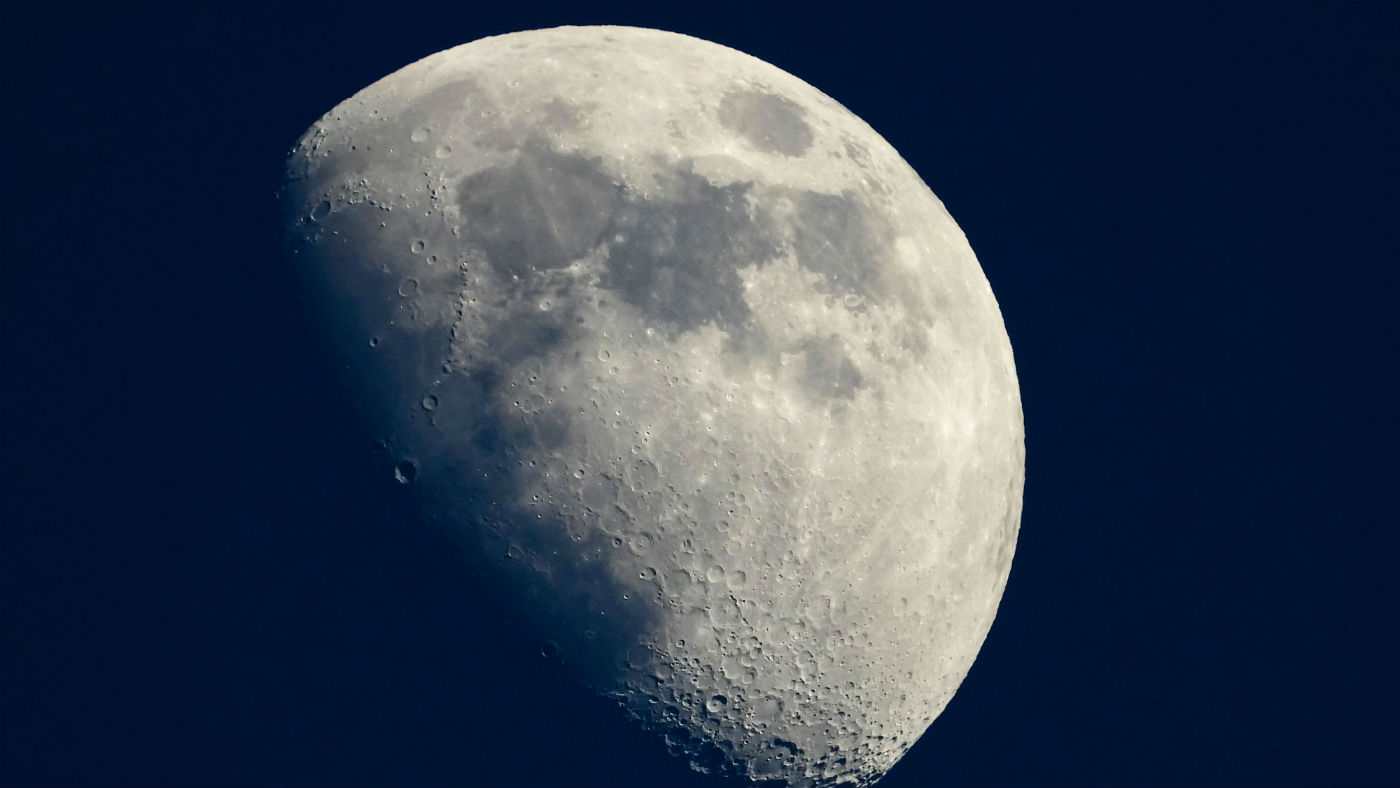 Reach for the Moon: Nokia and Nasa to build 4G lunar network
Reach for the Moon: Nokia and Nasa to build 4G lunar networkSpeed Read Deal is part of the US space agency’s plan to establish human settlements on the lunar surface
-
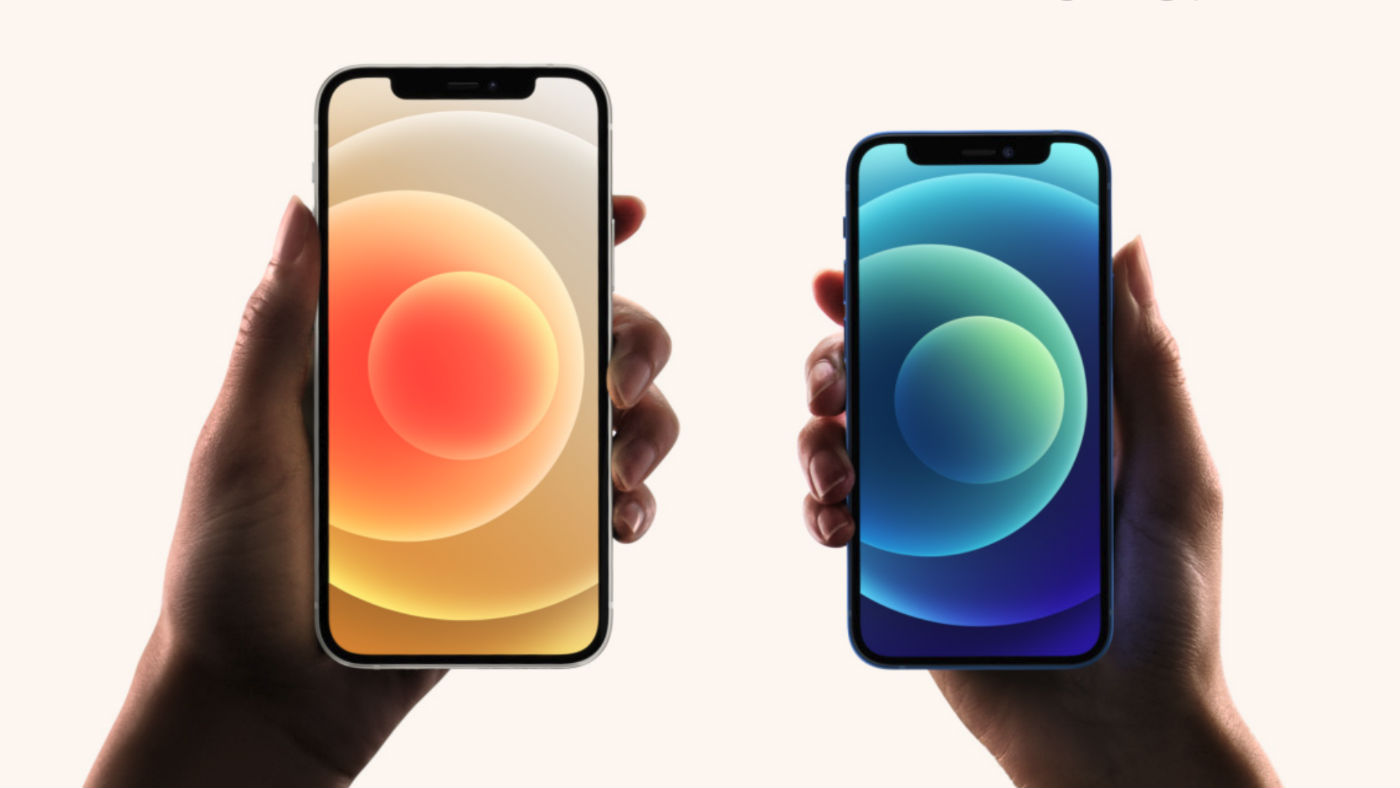 iPhone 12 launch: what we learned from the Apple ‘Hi, Speed’ event
iPhone 12 launch: what we learned from the Apple ‘Hi, Speed’ eventSpeed Read Tech giant unveils new 5G smartphone line-up